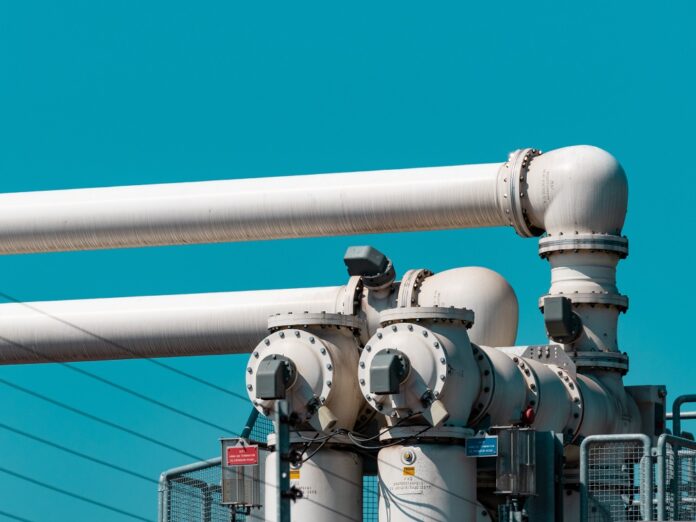The strengthening of energy cooperation between China and Russia is a historic development that is changing the geopolitical environment globally and having a significant impact on energy markets all over the world. The two countries’ strategic alliance covers natural gas, oil, and renewable energy.
Earlier in October, Reuters reported that “Gazprom said…it was working on the design of infrastructure for a “gas pipeline from the Sakhalin region in Russia’s Far East to China,” and just a little over a week ago Chinese Ambassador to Russia Zhang Hanhui to Russian state media outlet RIA news agency “Beijing intends to expand energy cooperation with Russia along all stages of production.”
Chinese’ Ambassador’s remark comes ahead of a planned visit of Russian Prime Minister Mikhail Mishustin to Beijing.
Leading this partnership is the Power of Siberia pipeline, an extensive 4,000-kilometer natural gas infrastructure project that links China’s growing energy needs with Russia’s abundant gas reserves. Since it began operating in 2019, the pipeline has not only strengthened both countries’ energy security but also grown to become a significant player in the world market for natural gas.
As a result, its reliance on outside energy sources has been greatly decreased, stabilizing its quickly expanding economy. Russia has lessened its reliance on European markets by diversifying its energy exports at the same time.
Chinese leader Xi Jinping at a meeting with Russian Prime Minister Mikhail Mishustin hailed the achievements in trade between the two countries, as CNN reported it “surpassed $200 billion in the first 11 months of the year.”
The China-Russian energy alliance is rocking the geopolitical landscape. As Russia and China increase their influence, long-standing energy heavyweights reevaluate their positions, especially in the Middle East.
Along with changing the dynamics of international organizations, this partnership is pushing both countries toward a more multipolar global order.



